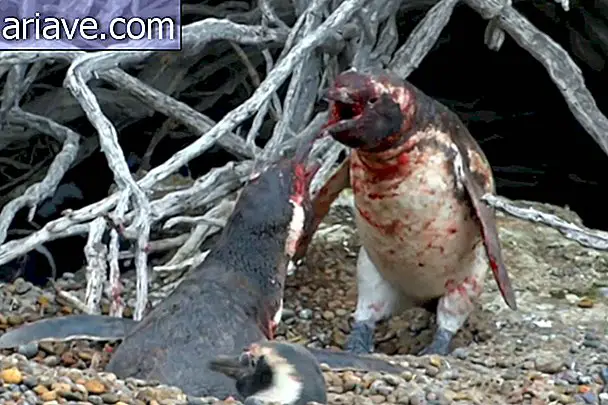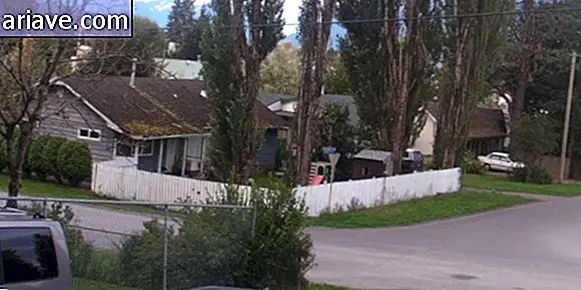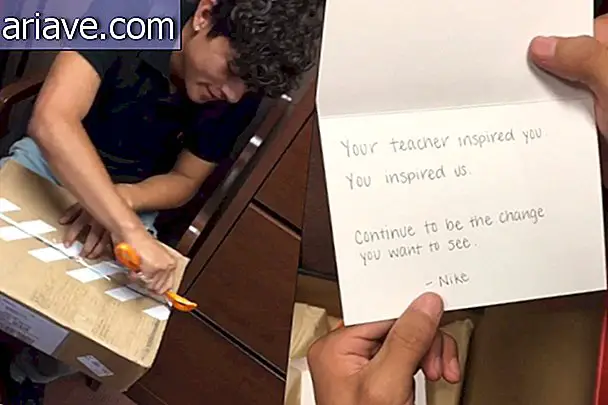Controversy: the woman who returned her foster child and says she still loves him
Britain's Claire Patterson had already decided she would be a mother and didn't want to wait to find “the right person” for it, so she eventually adopted a one-and-a-half-year-old boy in February 2011. What seemed like a dream come true It turned out weird and controversial: In April 2013, she decided to return the child to shelter.
The reason? Over time, she discovered that the baby had a brain disease and would need intensive care. In a statement published in The Independent, Claire said she reached a point where she could no longer cope with the child's condition.
This story inevitably gained great repercussion, not least because people returning foster children are rare. The point is that when something like this happens, the consequences are often traumatic for everyone involved.
Understand the case

For Claire, returning the child is a sense of failure, guilt and sadness. What's more, she comments on the stigma surrounding her attitude, as no one talks much about it - Claire said she found support in a British institution that supports people who for some reason give up their adopted children. . She says such an initiative is important to end the taboo that involves the cancellation of adoptions.
She says she decided to adopt the boy after watching a video of him at 10 months of age: "He had that lovely smile and when the report said he was a healthy baby, I couldn't wait to take him home, " declared. It was after adoption that she began to notice that her son had developmental difficulties.
The baby would not crawl or move normally. According to Claire, the child rarely cried and slept excessively, and showed no signs of development in relation to speech in general. At first she took her son to a number of different specialists, but in October 2012 the boy had his first epileptic seizure.
“It was very scary, and although the hospital did its best, before long it was having up to 36 seizures within 24 hours. It was incredibly stressful and I could barely work, ”he said. Also according to Claire, the social workers responsible for the adoption did not make available the data of the child's biological parents.
No way out

Only now has she had access to these documents. She says they contain information that, if she had read before adoption, would have caused her to change her mind. The fact is that after many medical examinations and consultations, Claire was informed that the child's condition was indeed serious - in addition, experts explained that each new seizure worsened the baby's neurological condition.
By telling social workers that she could no longer handle the situation, Claire was informed of the possibility of returning the child - she said, in which case both social workers and doctors would understand. “I felt I had no choice. People have told me that I would never do that if I was my biological child, but I think I would and I want to make it absolutely clear that I did not abandon my child. I made sure he was well taken care of, ”he said.
In defense of Claire, Rachel Cooper, who also returned a foster child, told her story: in her case, the boy was already a teenager when he returned to the shelter. The reason was the boy's various threats of violence to the foster family: "Some people have said that I wouldn't have done it if it were my own flesh and blood, but I don't think it could get any further from the point, " said Rachel.
In the case of the boy adopted by Rachel, she believes that the traits of violence are related to the hostile and abusive environment in which the boy was born. She says she believed these problems would be solved when the boy started to be part of a new family, but that was not the case.
Another point of view

According to Professor Julie Selwyn, who works on foster care and foster care issues, most foster children are returned as teenagers, and in many cases this does not mean that the child loses contact with the foster family altogether. According to the researcher, many parents provide financial support to children who have returned to shelter, as well as stay in touch with visits and phone calls.
In such cases, rapprochement happens gradually, and even when it does not, many of these young people eventually return to the foster family in the adult phase of their lives.
Selwyn followed more than 37, 000 adoption processes over a 12-year period - 91% of these adopted children experienced episodes of domestic violence and 34% of rape before joining their new family. In addition, 97% of children who were initially removed from their homes had mental health problems.
For these and other reasons, Selwyn asks people to put themselves in the place of foster parents, who are usually people with fertility difficulties and who, at the first opportunity of adoption, accept the available child believing that everything will be a bed of roses, but end up in quite problematic situations. And you, reader, what do you think about the topic? Tell us in the comments.











